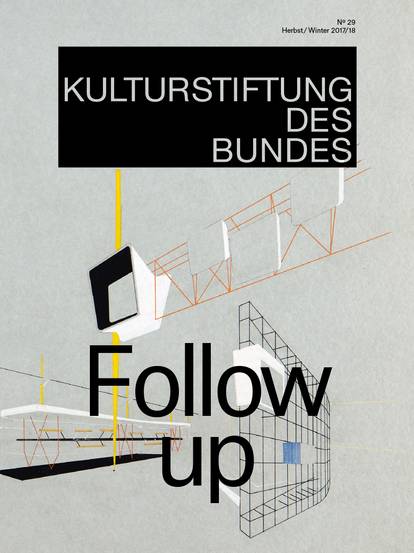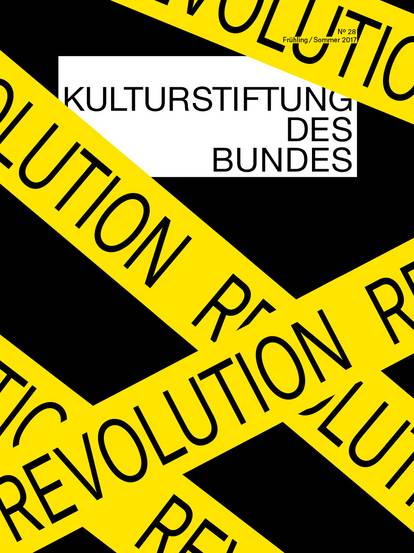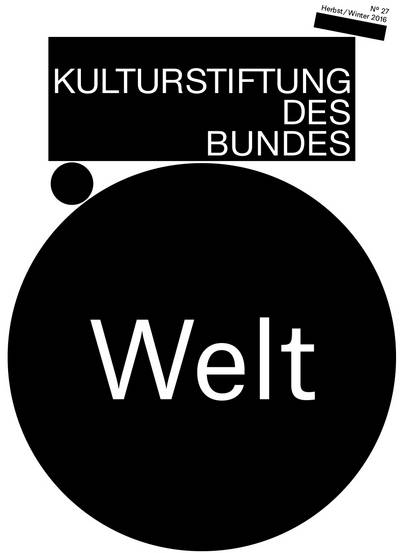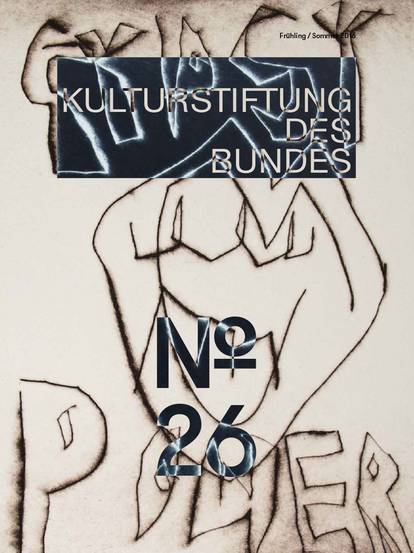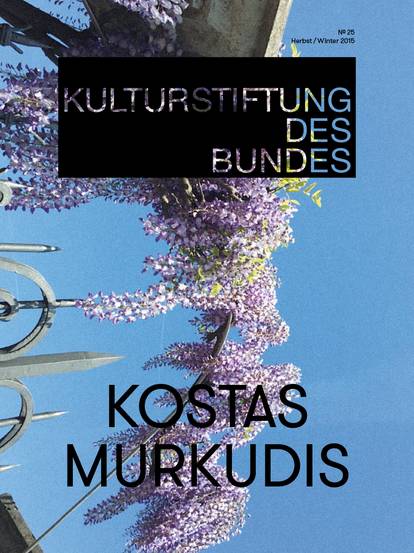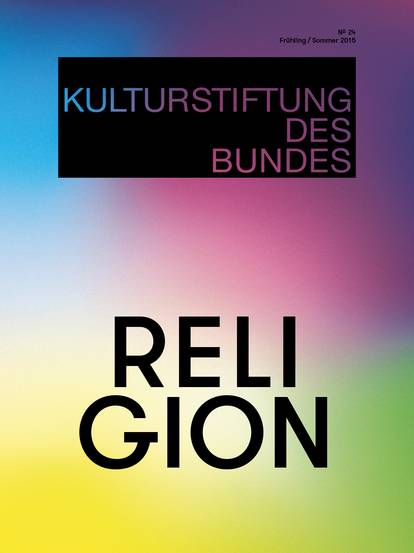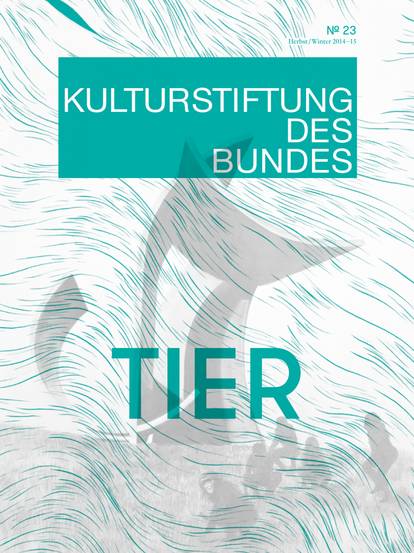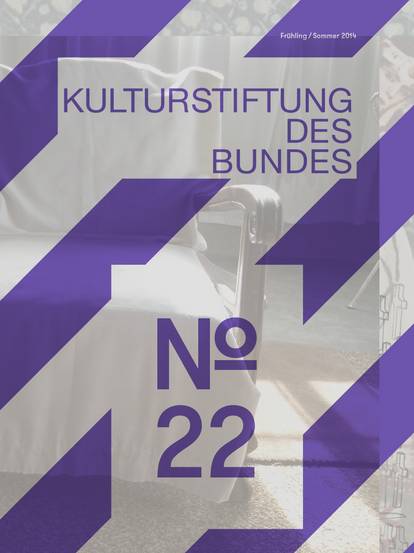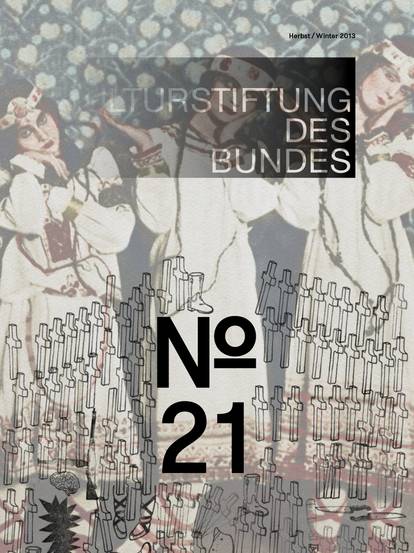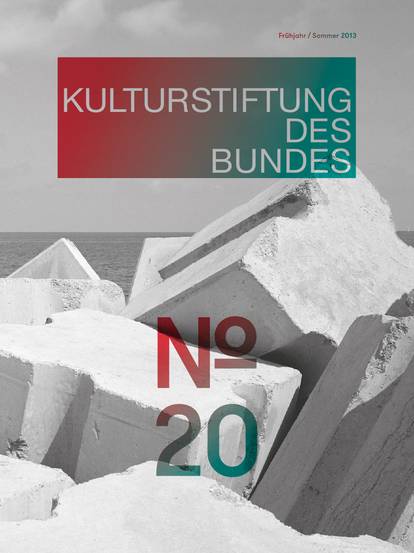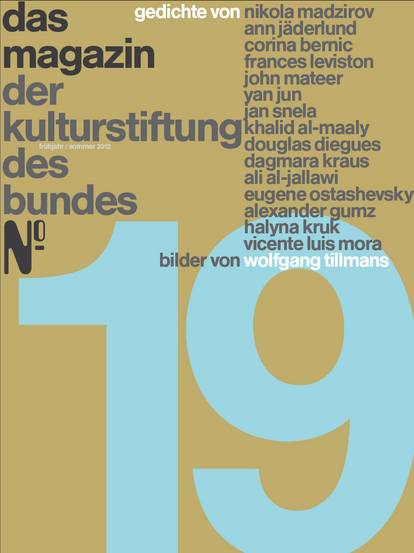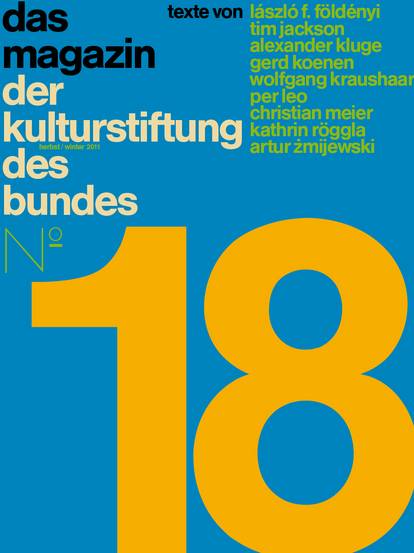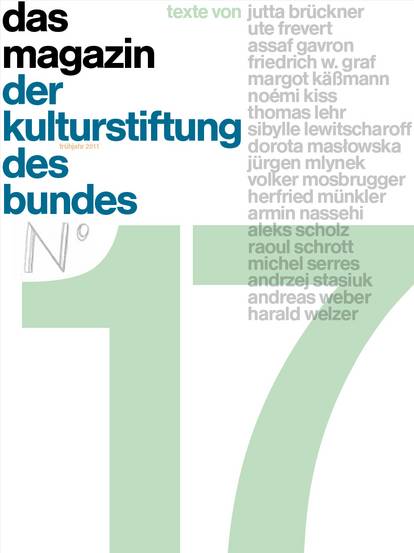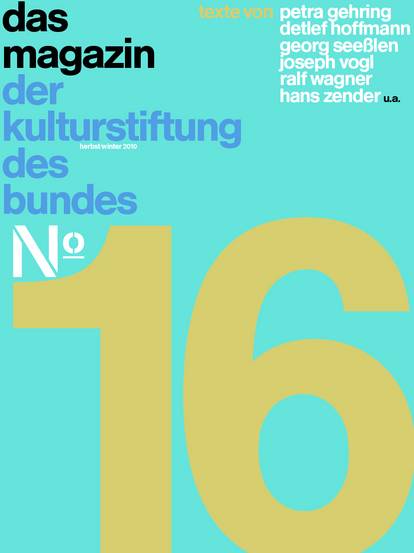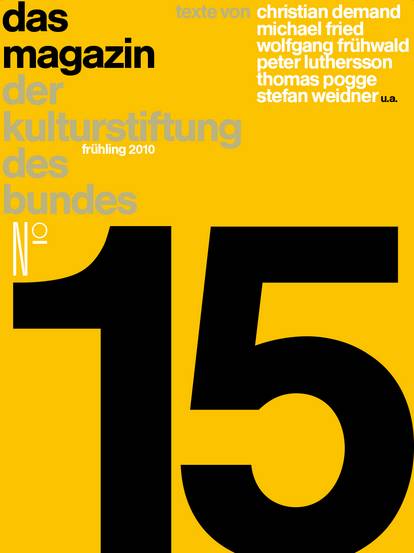Are there “limits to growth” in culture or are we (morally) obliged to constantly expand our cultural heritage and its institutions? Much of our culture is about the responsibility of conserving, remembering and passing things on to the next generation. Our concept of culture is built upon the pillars of collecting, preserving, restoring and commemorating. Conversely, all processes of forgetting, loss, sacrifice and neglect are decried as “lacking culture”. The Federal Cultural Foundation wishes to gain a more objective view of this issue at an interdisciplinary event titled The Future of Cultural Memory in June 2012, because as time goes on, we will have to start asking ourselves what we can – or want – to afford, and what we are prepared to live without.
We will invite experts to discuss how strongly culture is influenced by the past and the mandate of remembrance, and to what extent we can free our cultural practice from the obligation of passing things down in order to ensure its viability. Is there something positive to gain from breaking with traditions and rejecting the convention of preserving the past? Can we consider and democratically legitimize the future of cultural memory in this way? In this issue of our magazine, we speak with the historian Christian Meier and the writer/filmmaker Alexander Kluge about their perspective on this complex issue. This theme is also the basis of an essay by the historian Per Leo and a literary piece by the writer Kathrin Röggla. We also present two unusual perspectives on two important chapters of German post-war history by the outstanding scholars Gerd Koenen und Wolfgang Kraushaar. On the occasion of the exhibition BILD Your Own Nation – Axel Springer and the Jews at the Jewish Museum in Frankfurt, the political scientist Wolfgang Kraushaar analyses why the political left of the 1960s and 1970s so strongly rejected Axel Springer’s pro-Israeli positions. The journalist Gerd Koenen examines the West’s ambivalent reaction to the Soviet Gulag, the subject of Alexandr Solzhenitsyn’s world-famous book The Gulag Archipelago, which was recently rediscovered in Everything I Possess I Carry with Me by the Nobel laureate Herta Müller. The Federal Cultural Foundation is now funding a touring exhibition titled Traces of the Gulag 1929 – 1956. As the Kleist commemorative year draws to a close, the Maxim Gorki Theater Berlin is hosting a major theatre festival to mark the 200th anniversary of Heinrich von Kleist’s death on 21 November 2011. The festival, funded by the Federal Cultural Foundation, will present Kleist’s entire dramatic oeuvre. The internationally renowned Hungarian writer and Kleist scholar László F. Földényi praises the poet as a Comet of Literature. This issue also spotlights the 7th Berlin Biennial, the “cultural beacon” funded by the Federal Cultural Foundation. We speak with its curator, the Polish artist Artur Żmijewski, about what he considers to be political art. We are also delighted to present an interview with the British sustainability expert Tim Jackson, whose book, Prosperity without Growth: Economics for a Finite Planet, has received widespread acclaim in Germany. The interview was conducted as part of the event series, funded by the Federal Cultural Foundation, and book project by the Suhrkamp Verlag titled Will We Save the Earth? – Discussions on the Future of Technology and the Planet. The seven-part event series, which will take place between December 2011 and June 2012, is one of many projects that focus on sustainability, including the Über Lebenskunst festival which we organized last August. The photos by the photo journalist Sebastian Bolesch offer an impression of the atmosphere at the festival, which was warmly received by audiences and media alike.
Hortensia Völckers
Alexander Farenholtz
Executive Board of the German Federal Cultural Foundation

![[Translate to English:] Magazine 38](/fileadmin/_processed_/f/1/csm_Magazin38_Cover-Vorschau_921x1230_689f428dc3.jpg)
![[Translate to English:] Magazine 37](/fileadmin/_processed_/b/c/csm_Mag37_Cover-Vorschau_921x1230_b5129fdb2a.jpg)
![[Translate to English:] Magazine 36](/fileadmin/_processed_/2/a/csm_Cover_Magazin36__issuu_2f3cef97bb.jpg)
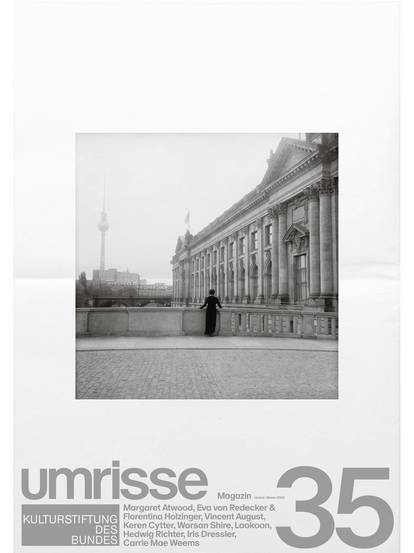
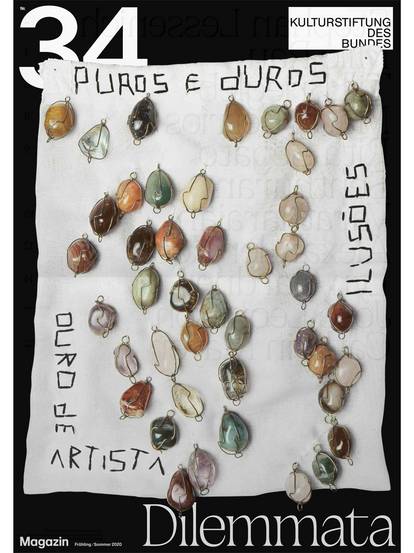
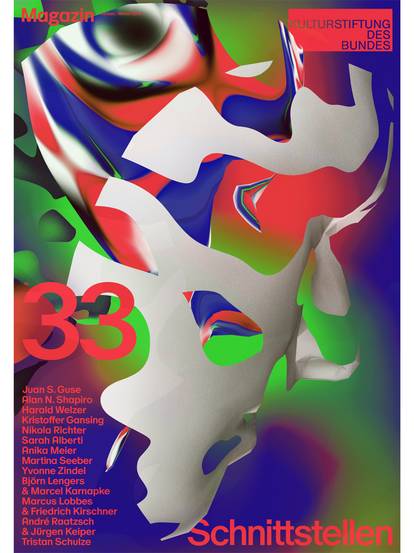
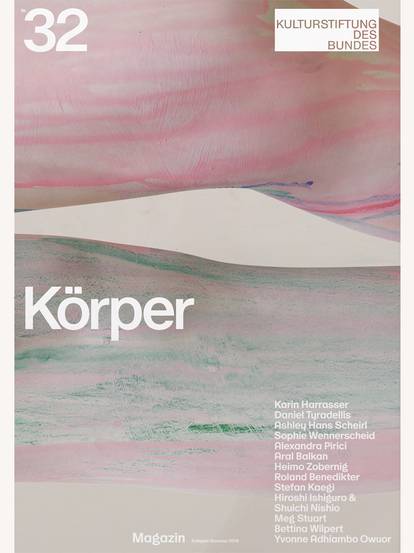
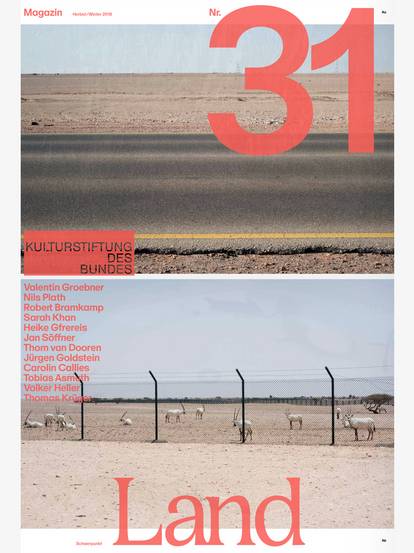
![[Translate to English:] Magazine 30](/fileadmin/_processed_/c/b/csm_magazin30_vorschau_9005f773d3.jpg)
